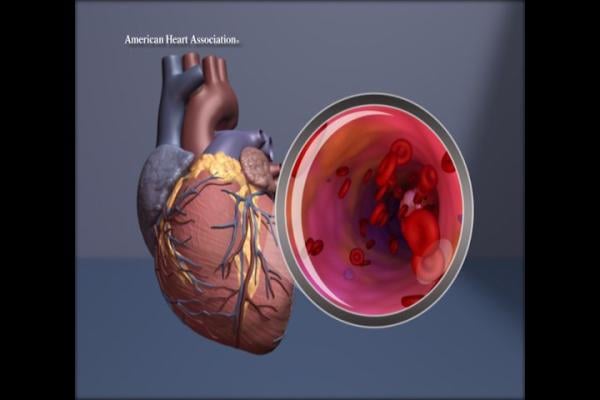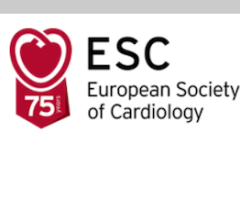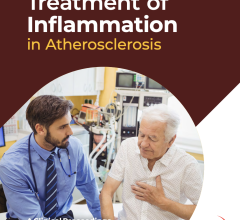
According to newly-published research in the Journal of the American Heart Association, people who report extreme pain after a heart attack were more than twice as likely to die during the study period compared to those who reported no pain. The study analyzed health data for more than 18,300 adults who had a heart attack, from the Swedish quality registry, SWEDEHEART. Image courtesy: American Heart Association
August 16, 2023 —Moderate or extreme pain after a heart attack – most commonly pain due to other health conditions – may help predict the likelihood of death over the next 8.5 years, according to newly-published research in the Journal of the American Heart Association, JAHA. People who have had a heart attack often report pain about a year later.
The study, according to the American Heart Association (AHA) news update, found that participants who said they had extreme pain after a heart attack were more than twice as likely to die during the study period compared to those who reported no pain.
“Pain causes significant loss of function and may lead to disability, all of which contribute to major, global public health issues, said study author Linda Vixner, P.T., Ph.D., an associate professor of medical science at the School of Health and Welfare at Dalarna University in Falun, Sweden. She added, “Research indicates that pain is linked to higher risk of cardiovascular disease and overall death; however, the impact of pain on death after a heart attack has not yet been examined in large studies.”
The analysis of health data for more than 18,300 adults who had a heart attack, from the Swedish quality registry, SWEDEHEART, found:
- Nearly 45% of the participants reported moderate or extreme pain one year after their heart attack.
- Those with moderate pain were 35% more likely than those with no pain to die from any cause during the study period of 8.5 years.
- Those who reported extreme pain were more than twice as likely to die during the 8.5 study period, compared to heart attack survivors who had no pain.
- 65% of the participants experiencing pain at the two-month follow up were also experiencing pain at their 12-month follow up, indicating persistent and long-term pain.
“After a heart attack, it’s important to assess and recognize pain as an important risk factor of future mortality. In addition, severe pain may be a potential obstacle to rehabilitation and participation in important heart-protective activities such as regular exercise; reduced or lack of physical activity, in turn, increases risk,” Vixner said. “For patients with pain, it is of particular importance to reduce other risk factors, such as smoking, high blood pressure and high cholesterol levels.”
Study details include:
- Adults in the study were younger than 75 years of age (average age was 62, 24.5% women) and had heart attacks between 2004 to 2013.
- Data on pain from a two-month follow-up visit and a participant questionnaire completed one year after their heart attack was assessed to gauge if they had no, moderate or extreme pain. The pain they reported was more likely to be due to other health conditions.
- The participant survey did not specifically ask about the duration of pain they experienced, although a majority reported having pain both two months after the heart attack and one year later, indicating the pain was long lasting. The study also only included people living in Sweden, which may not apply to people living in other countries or communities.
According to the American Heart Association, a heart attack happens about every 40 seconds in the United States. Data from 2005 to 2014 estimated the annual incidence of heart attack in the United States was 605,000 new heart attacks and 200,000 recurrent heart attacks. Average age at the first heart attack was 65.6 years for men and 72 years for women.
Vixner was joined by Kristina Hambraeus, Björn Äng and Lars Berglund, also with Dalarna University School of Health and Welfare - Center for Clinical Research, in authoring “High Self‐Reported Levels of Pain 1 Year After a Myocardial Infarction Are Related to Long‐Term All‐Cause Mortality: A SWEDEHEART Study Including 18,376 Patients.” The study was funded by Svenska Försäkringsföreningen, Dalarna University and Region Dalarna.
More information: www.heart.org, www.ahajournals.org
Reference: https://doi.org/10.1161/JAHA.123.029648 Journal of the American Heart Association. 2023;0:e02964


 February 04, 2026
February 04, 2026 









